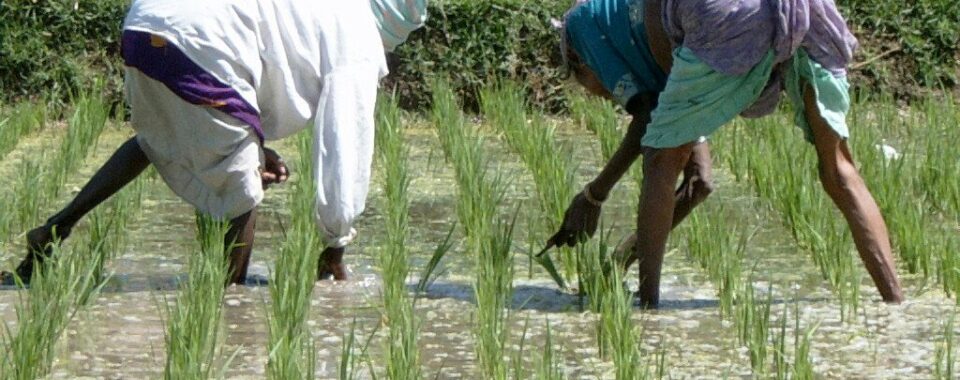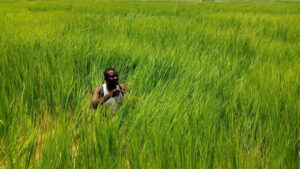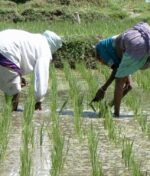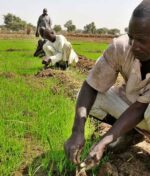
Despite federal government assurances of free fertiliser distribution, thousands of rice farmers across Nigeria are abandoning the crop, citing unaffordable fertiliser prices as the primary reason.
This development threatens national food security, especially in key rice-producing states, where smallholder farmers are now opting for less fertiliser-dependent crops such as millet, sorghum, beans, groundnut, soybeans, sesame, and cassava.
In a statement issued on June 22, 2025, the Minister of Agriculture and Food Security, Abubakar Kyari, had insisted:
> “The ministry has invested over N200 billion in terms of intervention…”
However, Top Farmers’ investigations reveal a different reality on the ground. Fertiliser prices have surged dramatically: a bag of urea now costs between N47,000 and N50,000, up from N35,000–N37,000. Similarly, NPK fertiliser in rural areas now goes for N48,000 to N55,000 per bag. Farmers say these prices are beyond their reach.
National President of the All Farmers’ Association of Nigeria (AFAN), Arc. Kabiru Ibrahim, warned that Nigeria’s food security goals are under threat:
“Most of our Small Holder Farmers (SHFs) and a host of large-scale ones are groaning under the high cost of fertiliser, and this certainly portends a serious threat to the attainment of food security in Nigeria.
We have quite a number of farmers complaining that with the current trend in fertiliser prices, they will not be able to produce maize since the price of the maize they produced last season is so low that they are not able to even break even.”

Ibrahim urged the federal government to urgently reintroduce a functional subsidy scheme to ensure fertiliser affordability and prevent further disruption in food production.
Similarly, the chairman of the Kaduna State chapter of AFAN, Alhaji Nuhu Aminu, described the situation as a “national emergency.”
> “The main cause is not just food prices; it’s the unaffordable cost of fertiliser. Urea now sells above N40,000 and NPK above N45,000 depending on the brand. Farmers simply don’t have that sort of money,” he said.
He further warned that many farmers are shifting away from grains entirely and opting for tree crops, a move that could drastically reduce food availability across the country.








